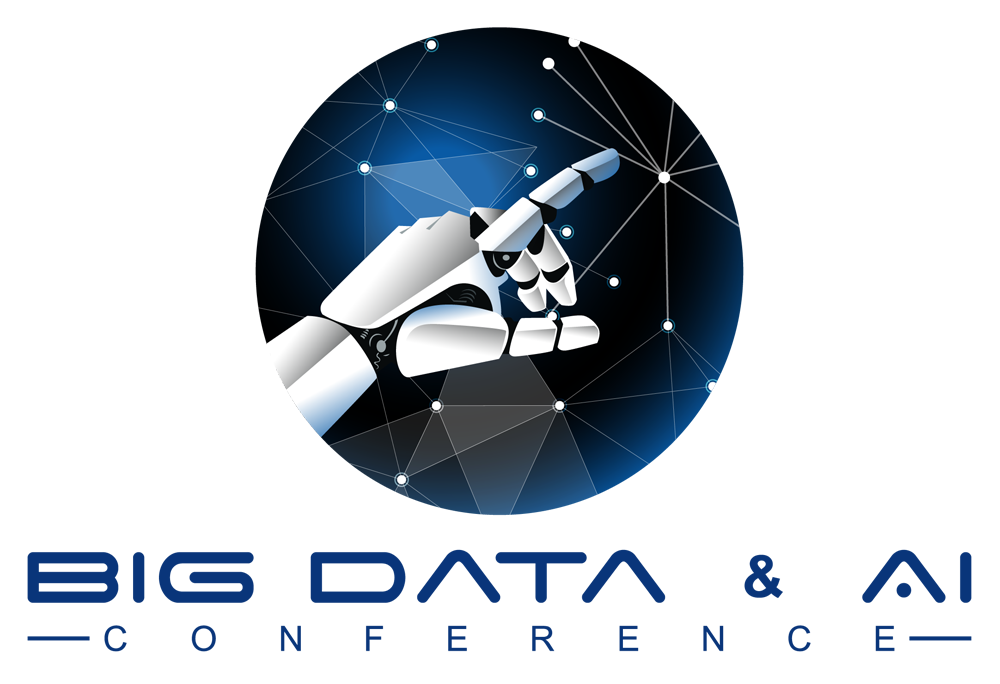Artificial Intelligence is here to stay, and there have been winners and losers in how industries are adopting the technology. Society is already feeling the pinch due to the challenges of deploying machines in place of humans, while at the same time reaping the benefits of new efficient technologies. We’ll be looking at some of the effects of AI on society, how it is reshaping industries, and what it means to humans.
The Changes
Computing
- The development of powerful computers has led to artificial intelligence that continues to outsmart human output.
- Virtual connectivity allows for the integration of relevant resources that provide users with integrated computing services.
- Cloud services interpret aggregated data against patterns to predict activities, tasks, or events.
- The recent developments in cloud services have transformed computers from the previous physical experience to the new virtual experience accessible to any user, provided they possess a device functioning on common networks with uninterrupted connectivity.
- Big data is already taking place in the background, and is already providing context-awareness capabilities.
Surveillance
- Surveillance cameras, smart sensors, and sophisticated eavesdropping devices integrated with systems for identity recognition facilitate tracking and capture of persons deemed to be a danger to the society.
- Users can integrate logical world data and physical world data to come up with sound conclusions.
- Big organizations with robust security systems can share techniques, intelligence, and processes with one another.
- The business intelligence field is advanced, providing tools that help businesses to understand consumer behaviors better through examining their behavioral patterns and overall buying trends.
- Both real-time access to artificial intelligence and predictive analysis are already available features on smartphones.
What are the implications of these changes?
Social implications
- Societies are finding it challenging to realize technologies that are beneficial to humans, as opposed to those that are compromising and intruding on the much-valued human rights of privacy, as well as freedom of information access.
- A range of current jobs handled by humans have been supplanted owing to the growing capabilities of artificial intelligence and robots.
- The roles of accountants and doctors will be augmented by artificial intellgence.
- Only tasks that are non-susceptible to automation will be available for low-skill workers.
- Risks involved in modern technological advancements could arise from human interference, for example, synthetic biology, artificial intelligence, and nanotechnology.
Business implications
- The absorption of artificial intelligence into the mainstream translates to the transformation of tasks handled in various industries, which means there will be both winners and losers in the end.
- Data expertise is already relevant to businesses, and it is set to become exponentially more valuable.
- Roles previously seen as central in organizations, such as the role of senior managers, are shifting in an intensely data-driven scene.
- Data translation appertaining consumers and prospects is already swift.
- The number of organizations putting cybersecurity on the same level with other intelligence and security priorities is on the increase.
- Artificial intelligence and the collection of open-source information opens up opportunities for equal global technological representation.
- The combination of artificial intelligence and predictive analytics is gearing towards taking over the fundamental role of content creation in modern business.
Final thoughts
While the benefits of artificial intelligence and other modern technology advancements are immense, they also pose a threat to human involvement in modern organizations. As it stands, there is going to be a need for skilled personnel to analyze some of these innovations, and to make recommendations on their performances over time.





